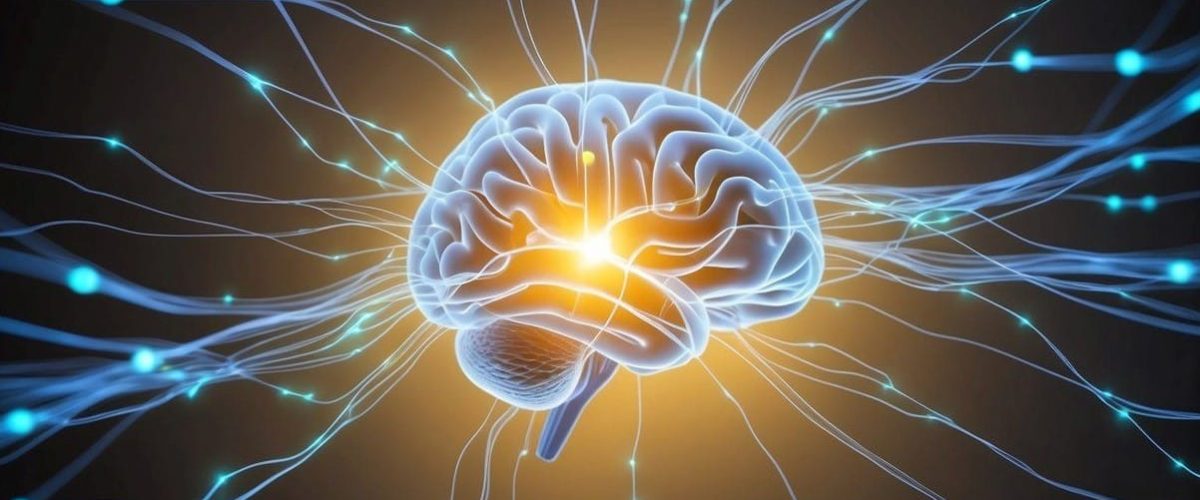
Brace yourselves for this: musicians process neural information 30% faster than the rest of us!
A study you will want to take advantage of, hosted at the National Library of Medicine, digs into the brain’s wiring and the jaw-dropping mental agility that comes with mastering an instrument.
Get ready to explore the fascinating science behind your favorite artists’ quick thinking and sharp minds.
The Link Between Musical Training and Neural Efficiency

Neural processing involves the speed at which the brain processes information. Efficient neural processing is crucial for quick reaction times and cognitive abilities. Musicians regularly engage in complex auditory and motor tasks and often show enhanced neural pathways.
The brain’s ability to handle rapid sequences of notes and rhythms likely contributes to this improved efficiency. Long-term training and practice result in structural and functional brain changes, sharpening these skills further.
Auditory System Basics

The auditory system is a complex network that begins in the ear and ends in the brain. Sound waves enter the ear and are transformed into electrical signals by the cochlea. The auditory nerve relays these signals to the auditory cortex.
Once the signals reach the brain, different regions work together to interpret the sound. The auditory cortex deciphers pitch and volume, while other areas help identify the source and meaning of the sound.
The brain’s ability to process these signals quickly and accurately is vital for communication and survival. This incredible system works tirelessly, whether appreciating a symphony or recognizing a friend’s voice in a noisy room.
Evidence of Increased Speed

A study uploaded to the National Library of Medicine revealed that musicians have 30% faster neural processing than non-musicians. The research employed EEG recordings to monitor brain activity responses to auditory stimuli.
Findings indicated that musicians’ brains processed sounds quicker, suggesting that musical training enhances auditory and cognitive processing speed.
The study highlighted the importance of active engagement with music in developing these neural advantages.
Memory and Musicians
Musicians tend to have exceptionally sharp memory skills. This amazing study indicates musicians may process neural signals up to 30% faster, translating to quicker recall and better retention of information.
Practicing and memorizing pieces of music enhances memory by constantly exercising the brain. Cognitive tests reveal that musicians outperform non-musicians in short-term and long-term memory tasks.
Imagine remembering where you left your keys with the finesse of recalling complex musical compositions!

Language and Learning Skills
There’s a fascinating link between musical training and linguistics. Musicians often display advanced language and learning skills, likely due to their enhanced auditory processing abilities.
Decoding musical notes and rhythms is useful for language acquisition and comprehension. Researchers have found that musicians can pick up foreign languages more swiftly.
This ability to process and understand language can be attributed to their rigorous training and practice in discerning musical nuances.

Applications in Non-Musical Contexts

Enhanced neural processing is not just a phenomenon in music. It also spills over into other demanding fields, such as medicine and programming, where quick thinking is a significant asset.
Doctors who play instruments may become faster and more accurate in diagnosing conditions. Similarly, software engineers with musical training might debug complex codes efficiently.
In education, students who learn music can develop better study habits and improve their academic performance.
Faster neural processing also aids language skills, showing that being a violin virtuoso might help master that tricky French verb conjugation.
Neural Processing in Musicians: Last Word

This fascinating study published in the National Library of Medicine explores how musicians have neural processing speeds that are 30% faster.
The researchers found that musicians’ brains are like turbo-charged engines, processing information at lightning speed. This acceleration isn’t just limited to musical abilities but extends to various cognitive tasks, showing off their brain’s multitasking prowess.
The study’s results indicate musicians can interpret and react to information more swiftly than non-musicians.
A key takeaway from this research is that musical training could enhance cognitive agility and improve everyday functioning.
This study provides a significant nudge for those unsure about picking up an instrument. It’s like getting a brain workout without the sweat!
ABOUT:
Robert Emery created Ted’s List during the lockdown of Covid-19. Aside from entertaining audiences worldwide, he tries to inspire the young musicians of tomorrow. Ted’s List can help enormously with this task, as all the writers are world-class, professional musicians. Ted’s List covers all instruments, from Electric Guitar to Violin and Clarinet. Each instrument has a set of dedicated help articles, giving instructional advice on how to play the instrument, and how to improve. There are also informative reviews based on specific instruments, to help the musician choose the best instrument for them.
MEDIA CONTACT INFORMATION:
All press enquiries go to:
Paul Smith – Head of Press/PR
info (at) teds-list.com


